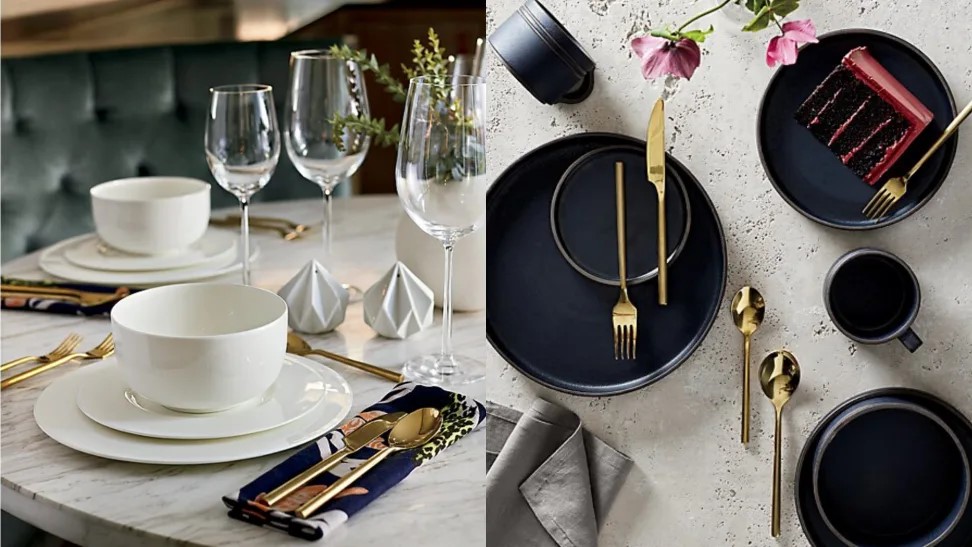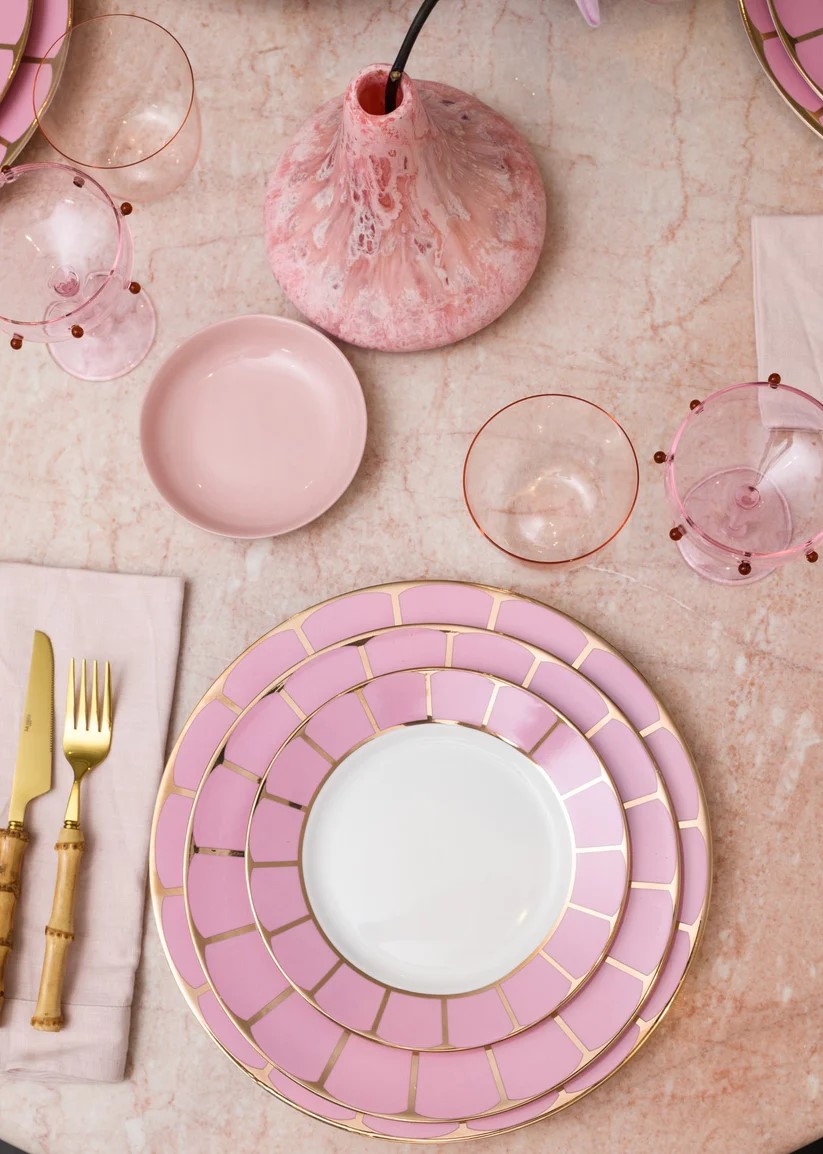When it comes to selecting dinnerware, the choices can be overwhelming. Among the myriad options available, porcelain and stoneware are two popular choices that often leave consumers in a dilemma. Both materials have their unique characteristics, making them suitable for different preferences and purposes. In this article, we will delve into the qualities of porcelain and stoneware, comparing them in terms of durability, aesthetics, functionality, and overall suitability for various occasions.

Durability:
Porcelain is renowned for its exceptional durability. It is fired at high temperatures, resulting in a dense and hard material. This makes porcelain resistant to chipping, scratching, and staining. Its non-porous surface also prevents the absorption of odors and flavors, ensuring that your dinnerware maintains its pristine appearance over time.
On the other hand, stoneware is also durable but tends to be thicker and heavier than porcelain. While it may be more prone to chipping and scratching compared to porcelain, stoneware is still a robust choice for everyday use. Some individuals appreciate the rustic charm that develops as stoneware acquires minor imperfections over time.

Aesthetics:
Porcelain is known for its elegant and refined appearance. It has a translucent quality that allows light to pass through, giving it a delicate and sophisticated look. Porcelain is often used for formal occasions and fine dining settings due to its pristine and polished appearance. It is available in a variety of colors and patterns, catering to diverse tastes.
Stoneware, on the other hand, boasts a more earthy and rustic aesthetic. Its natural, warm tones and textured surfaces make it an excellent choice for casual and family-oriented settings. Stoneware is often appreciated for its ability to add a cozy and inviting atmosphere to the dining table, making it popular for everyday use.
Functionality:
Porcelain is prized for its versatility and suitability for various purposes. It is microwave and dishwasher safe, making it convenient for everyday use. Its ability to withstand high temperatures without compromising its integrity also makes it suitable for serving hot dishes.
Stoneware, while generally microwave and dishwasher safe, may require more careful handling due to its thickness and weight. It is excellent for serving hearty, rustic meals and is often chosen for its ability to retain heat, keeping dishes warm for longer periods.
Conclusion:
The choice between porcelain and stoneware ultimately depends on personal preferences, lifestyle, and the intended use of the dinnerware. If you are looking for elegance and a refined appearance for formal occasions, porcelain may be the preferred choice. On the other hand, if you desire a more relaxed and inviting atmosphere for everyday meals, stoneware could be the perfect fit.
Consider your priorities in terms of durability, aesthetics, and functionality when making your decision. Whether you opt for the delicate charm of porcelain or the robust appeal of stoneware, both materials offer distinct advantages that can enhance your dining experience.
Post time: Dec-26-2023




